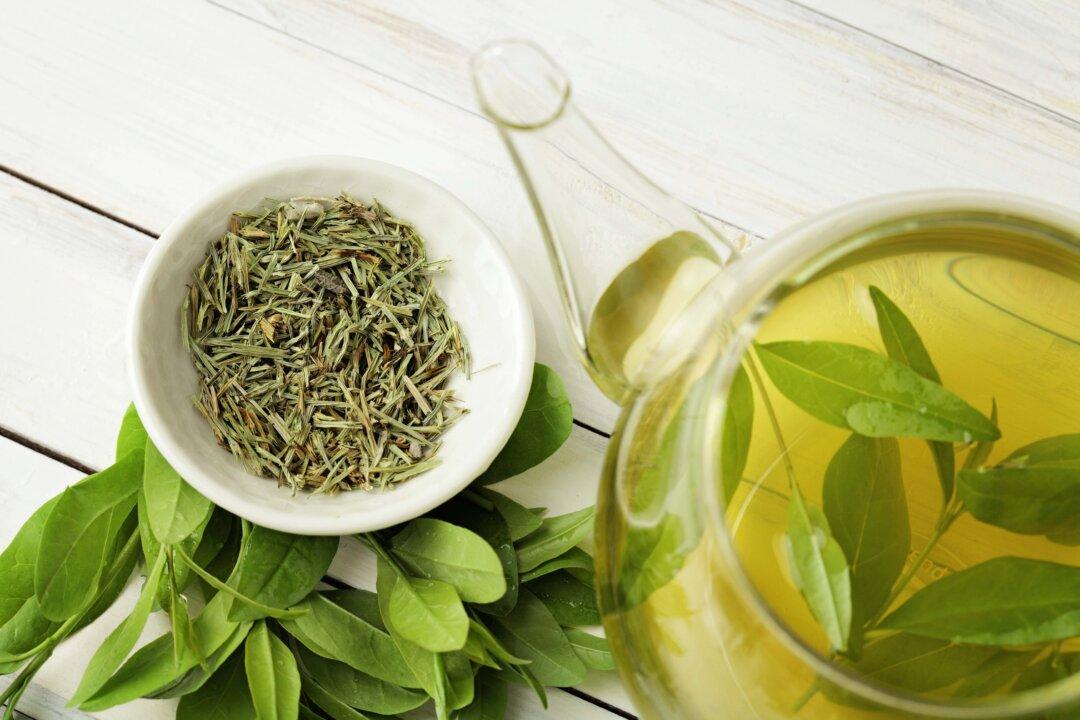A Spanish study on older adults aged 60 or older has confirmed that a rich polyphenol diet can reduce inflammation and improve gut health by encouraging the production of indole-3-propionic acid (IPA); an antioxidant and anti-inflammatory molecule linked with healthy aging.
“If we consider the beneficial effects of IPA on the gut microbiota and health in general, it is important to find reliable strategies to promote the production of this metabolite,” said the co-first signatory of the study, Tomás Meroño.






